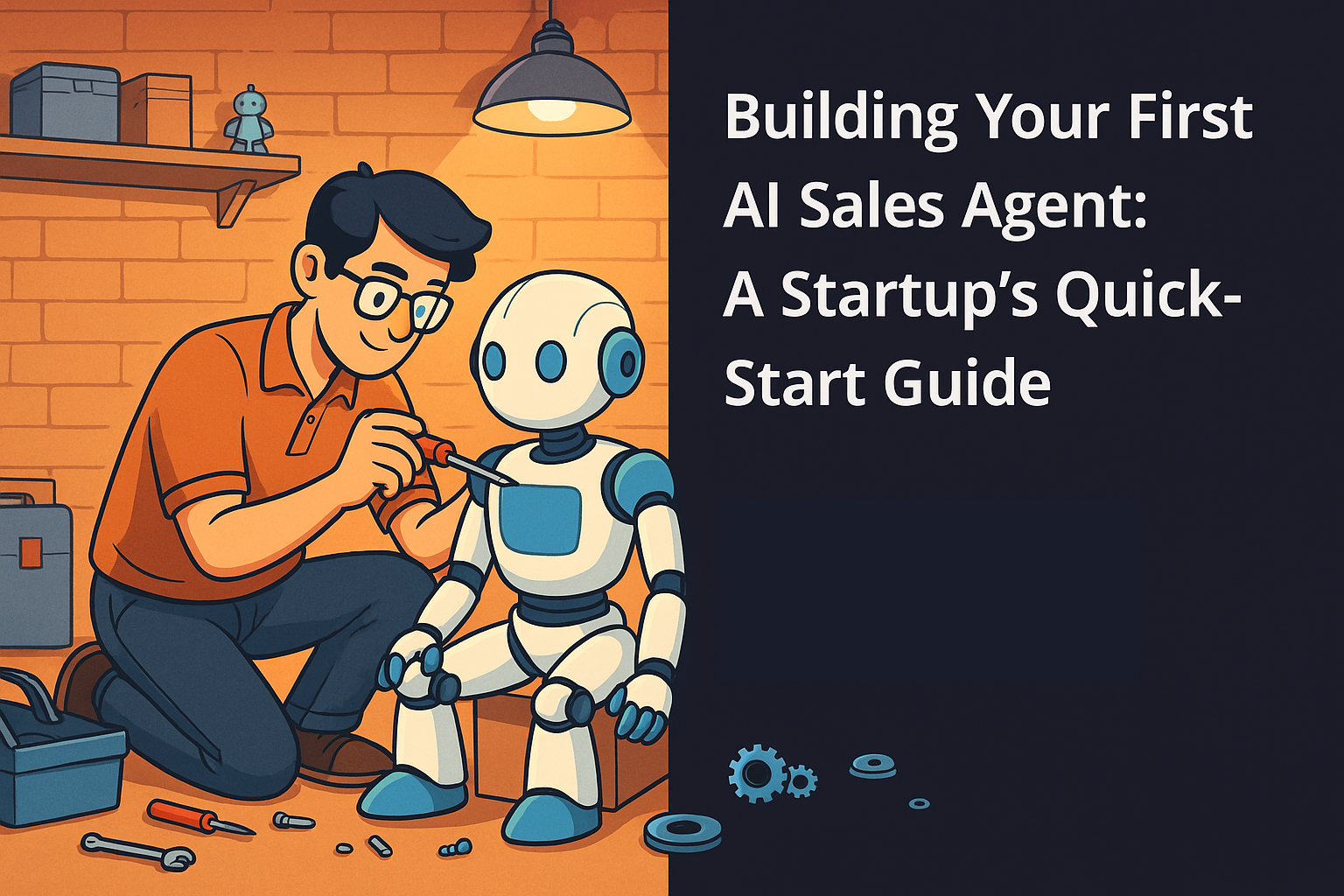Customer engagement has become a cornerstone of success. Effective customer relationship management (CRM) systems play a pivotal role in fostering this engagement. By leveraging CRM tools, businesses can enhance their interactions with customers, streamline processes, and ultimately drive growth. This blog post delves into the nuances of engagement through CRM, exploring how to maximize its potential to create meaningful customer relationships.
Understanding Customer Engagement in CRM
Customer engagement refers to the ongoing interactions between a business and its customers, aimed at fostering loyalty and driving sales. It encompasses various touchpoints, including email, social media, and in-person interactions. CRM systems are designed to manage these touchpoints effectively, ensuring that businesses can maintain and nurture customer relationships. By using CRM to track and analyze customer interactions, businesses can gain valuable insights into customer behavior and preferences, leading to more personalized and impactful engagement strategies.
The Role of CRM in Enhancing Engagement
CRM systems serve as the backbone for managing customer relationships, providing a centralized platform for storing customer data, tracking interactions, and automating communication. By utilizing CRM, businesses can ensure that all customer interactions are recorded and accessible, enabling a seamless and cohesive engagement strategy. This centralization not only improves efficiency but also allows businesses to deliver consistent and personalized experiences across all channels.
Personalizing Customer Interactions with CRM
One of the key benefits of CRM is its ability to facilitate personalized customer interactions. By leveraging data stored in the CRM, businesses can tailor their communications to meet the specific needs and preferences of each customer. This personalization can take many forms, from personalized email campaigns to customized product recommendations. By making customers feel valued and understood, businesses can significantly enhance their engagement levels and foster long-term loyalty.
Automating Engagement Processes
Automation is a powerful feature of CRM systems that can greatly enhance customer engagement. By automating repetitive tasks such as follow-up emails, appointment reminders, and customer surveys, businesses can ensure timely and consistent communication. Automation not only saves time but also reduces the risk of human error, leading to a more reliable and efficient engagement strategy. Moreover, it allows sales and customer service teams to focus on more complex and value-added tasks, further improving overall productivity.
Integrating Social Media with CRM
In today’s digital age, social media plays a crucial role in customer engagement. CRM systems can integrate with various social media platforms, enabling businesses to track and manage social interactions alongside other customer data. This integration allows businesses to monitor customer sentiment, respond to inquiries promptly, and engage with customers on their preferred platforms. By incorporating social media into their CRM strategy, businesses can create a more holistic and responsive engagement approach.
Analyzing Customer Data for Improved Engagement
Data analysis is a fundamental aspect of effective CRM usage. By analyzing customer data, businesses can identify trends, preferences, and pain points, enabling them to refine their engagement strategies. CRM systems often come with built-in analytics tools that provide valuable insights into customer behavior and engagement metrics. By leveraging these insights, businesses can make data-driven decisions that enhance customer satisfaction and drive engagement.
Segmentation and Targeting with CRM
Segmentation involves dividing a customer base into distinct groups based on specific criteria such as demographics, purchase history, or engagement levels. CRM systems facilitate segmentation by organizing customer data and allowing businesses to create targeted marketing campaigns. By focusing on specific segments, businesses can deliver more relevant and personalized content, leading to higher engagement rates and improved customer experiences.
Enhancing Customer Support with CRM
Customer support is a critical component of customer engagement. CRM systems enable businesses to manage and track customer support interactions, ensuring that issues are resolved promptly and effectively. By providing a comprehensive view of each customer’s history and previous interactions, CRM systems allow support teams to deliver more personalized and efficient service. This enhanced support experience can significantly boost customer satisfaction and engagement.
Leveraging Mobile CRM for On-the-Go Engagement
In today’s mobile-first world, having access to CRM systems on mobile devices is essential for maintaining customer engagement. Mobile CRM applications allow sales and support teams to access customer data and manage interactions while on the go. This mobility ensures that teams can respond to customer inquiries promptly, regardless of their location. By enabling real-time access to CRM data, businesses can maintain high levels of engagement and responsiveness.
Utilizing Email Marketing within CRM
Email marketing remains one of the most effective channels for customer engagement. CRM systems often include robust email marketing tools that allow businesses to create, send, and track email campaigns. By leveraging customer data stored in the CRM, businesses can personalize email content and target specific segments, resulting in higher open rates and engagement. Additionally, CRM systems can automate email campaigns, ensuring timely and consistent communication with customers.
Building Customer Loyalty Programs with CRM
Customer loyalty programs are a proven method for enhancing engagement and retaining customers. CRM systems can help businesses design and manage loyalty programs by tracking customer purchases, interactions, and rewards. By offering personalized incentives and rewards, businesses can encourage repeat purchases and foster long-term loyalty. CRM systems also enable businesses to analyze the effectiveness of their loyalty programs and make adjustments as needed to maximize engagement.
Implementing Feedback Loops for Continuous Improvement
Customer feedback is invaluable for improving engagement strategies. CRM systems can facilitate the collection and analysis of customer feedback through surveys, reviews, and direct interactions. By integrating feedback loops into their CRM processes, businesses can continuously refine their engagement strategies based on real customer insights. This iterative approach ensures that businesses remain responsive to customer needs and can adapt their strategies to changing preferences.
Tracking Engagement Metrics with CRM
To effectively manage customer engagement, businesses need to track and measure key engagement metrics. CRM systems provide comprehensive reporting tools that allow businesses to monitor metrics such as customer satisfaction, response times, and engagement rates. By regularly reviewing these metrics, businesses can identify areas for improvement and optimize their engagement strategies. Tracking engagement metrics also enables businesses to set benchmarks and measure the success of their CRM initiatives.
Integrating CRM with Other Business Systems
For a truly comprehensive engagement strategy, CRM systems should be integrated with other business systems such as ERP, marketing automation, and e-commerce platforms. This integration ensures that customer data is consistent and accessible across all departments, enabling a unified approach to customer engagement. By breaking down data silos, businesses can gain a 360-degree view of their customers and deliver more cohesive and effective engagement strategies.
Training and Empowering Teams to Use CRM
The effectiveness of a CRM system depends largely on how well it is utilized by the team. Providing thorough training and ongoing support is crucial for ensuring that team members can effectively use the CRM to manage customer engagement. Businesses should invest in regular training sessions, create user guides, and establish support channels to help employees maximize the potential of the CRM system. Empowering teams with the knowledge and skills to use CRM effectively can significantly enhance overall engagement efforts.
Customizing CRM to Fit Business Needs
Every business is unique, and CRM systems should be customized to fit specific needs and processes. Most CRM platforms offer a range of customization options, from custom fields and workflows to personalized dashboards and reports. By tailoring the CRM system to align with business processes, businesses can ensure that it supports their engagement strategies effectively. Customization also allows businesses to create a more intuitive and user-friendly CRM experience for their teams.
Ensuring Data Privacy and Security
In the era of data privacy regulations, ensuring the security of customer data is paramount. CRM systems must comply with data protection laws such as GDPR and CCPA, and businesses must implement robust security measures to protect customer information. This includes using encryption, access controls, and regular security audits. By prioritizing data privacy and security, businesses can build trust with their customers and enhance overall engagement.
Leveraging AI and Machine Learning in CRM
Artificial intelligence (AI) and machine learning are transforming the way businesses manage customer engagement. CRM systems that incorporate AI can provide advanced analytics, predictive insights, and automation capabilities. For example, AI can analyze customer data to predict future behaviors, recommend personalized products, and automate routine tasks. By leveraging AI and machine learning, businesses can enhance their CRM strategies and deliver more personalized and effective engagement.
Scaling CRM for Business Growth
As businesses grow, their CRM needs will evolve. It’s important to choose a CRM system that can scale with the business, accommodating increasing volumes of customer data and interactions. Scalable CRM solutions offer flexibility and can adapt to changing business requirements. By ensuring that the CRM system can grow alongside the business, companies can maintain high levels of customer engagement and support continuous growth.
Future Trends in CRM and Customer Engagement
The future of CRM and customer engagement is shaped by emerging technologies and evolving customer expectations. Key trends to watch include the increasing use of AI and machine learning, the integration of CRM with the Internet of Things (IoT), and the rise of omnichannel engagement strategies. Businesses that stay ahead of these trends and continuously innovate their CRM strategies will be well-positioned to enhance customer engagement and drive long-term success.
Conclusion
Effective customer engagement is crucial for business success, and CRM systems play a central role in achieving this. By leveraging the features and capabilities of CRM, businesses can enhance their interactions with customers, personalize communications, and automate processes. From integrating social media and email marketing to utilizing AI and machine learning, the possibilities for enhancing engagement through CRM are vast. By continuously refining their CRM strategies and staying attuned to emerging trends, businesses can foster meaningful customer relationships and drive sustainable growth.


.jpg)


.svg)